24" Miele Dryer -- vented or condenser?
Anne Harris
10 years ago
Featured Answer
Sort by:Oldest
Comments (12)
Anne Harris
10 years agoRelated Professionals
Ballenger Creek Kitchen & Bathroom Designers · Fresno Kitchen & Bathroom Designers · Brentwood Kitchen & Bathroom Remodelers · Kettering Kitchen & Bathroom Remodelers · Shaker Heights Kitchen & Bathroom Remodelers · Salisbury Cabinets & Cabinetry · Annandale Custom Closet Designers · Norwalk Custom Closet Designers · South Riding Custom Closet Designers · Bridgewater Flooring Contractors · Danvers Flooring Contractors · Marlborough Flooring Contractors · Milford Flooring Contractors · Riverbank Flooring Contractors · Woodstock Flooring Contractorsenduring
10 years agowhirlpool_trainee
10 years agoenduring
10 years agowhirlpool_trainee
10 years agosaeyedoc
10 years agoenduring
10 years agojmcd0264
10 years agowhirlpool_trainee
10 years agorococogurl
10 years agobeckandmats
8 years ago
Related Stories
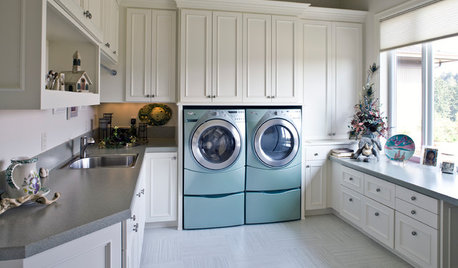
LAUNDRY ROOMSOne of the Biggest Building-Code Offenders in the Laundry Room
A dryer vent specialist shares what to do — and what to avoid — to keep things safe and efficient
Full Story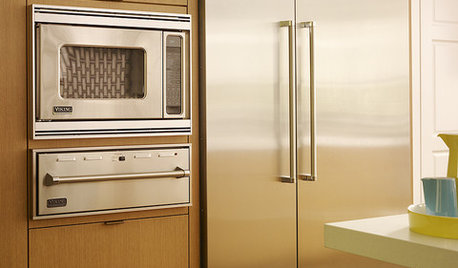
KITCHEN DESIGNA Cook’s 6 Tips for Buying Kitchen Appliances
An avid home chef answers tricky questions about choosing the right oven, stovetop, vent hood and more
Full Story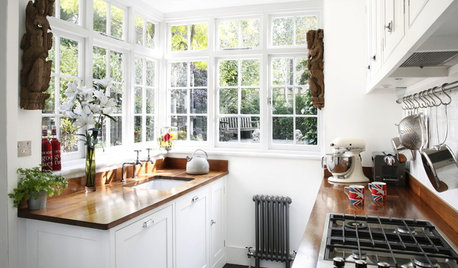
SMALL KITCHENS10 Things You Didn't Think Would Fit in a Small Kitchen
Don't assume you have to do without those windows, that island, a home office space, your prized collections or an eat-in nook
Full Story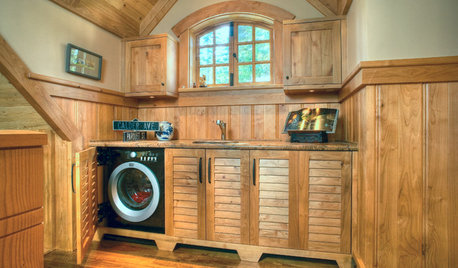
LAUNDRY ROOMSClever Ways to Hide a Laundry Station
When you don’t have a whole room to devote to the wash, use these solutions to tuck the machines out of view
Full Story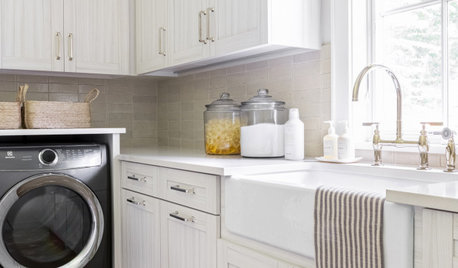
LAUNDRY ROOMS7-Day Plan: Get a Spotless, Beautifully Organized Laundry Room
Get your laundry area in shape to make washday more pleasant and convenient
Full Story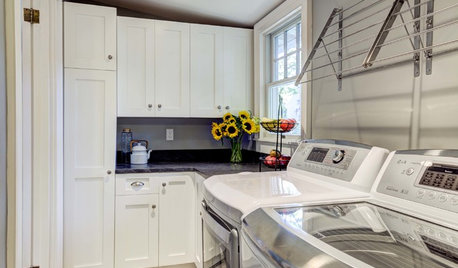
THE HARDWORKING HOMEWhere to Put the Laundry Room
The Hardworking Home: We weigh the pros and cons of washing your clothes in the basement, kitchen, bathroom and more
Full Story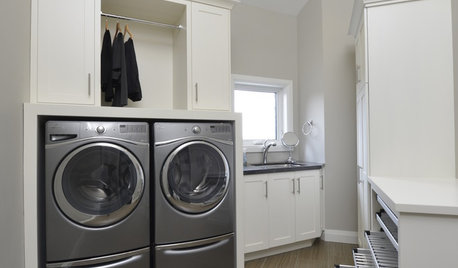
MOST POPULAR10 Smart Ideas for Your Laundry Room Remodel
Make washing and drying easier and more comfortable by considering ergonomics, storage and special features
Full Story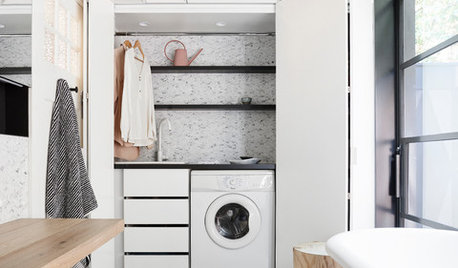
LAUNDRY ROOMSWhere Can I Hide My Laundry Area?
It’s a case of now you see it, now you don’t with these 10 clever ways of fitting in a laundry zone
Full Story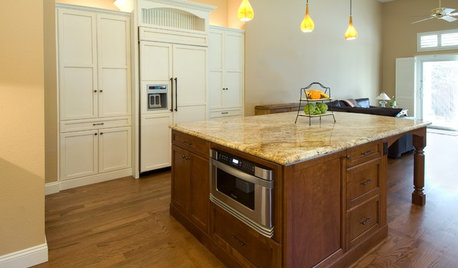
KITCHEN DESIGNDiscover the Pull of Microwave Drawers
More accessible, less noticeable and highly space efficient, microwave drawers are a welcome newcomer in kitchen appliances
Full Story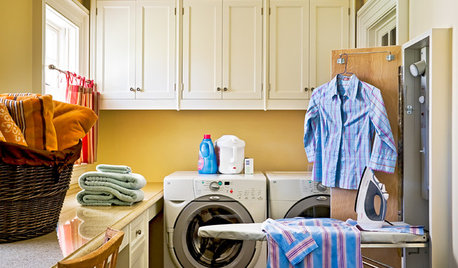
LAUNDRY ROOMS6 Ways to Save Energy in the Laundry Room This Summer
Use these cleaning and maintenance tips to help you save money and energy while doing the wash
Full StoryMore Discussions








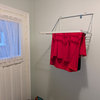
whirlpool_trainee